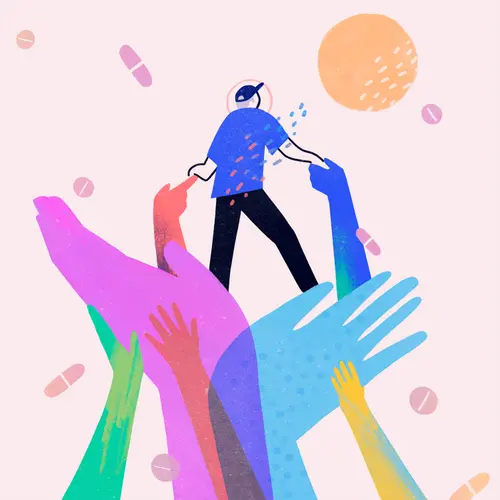If you have bipolar disorder, you have a higher chance of attempting or committing suicide. Watch out for the warning signs and reach out to your family, friends, or health professionals for help.
Both the manic and depressive phases of your condition are risky periods. During manic episodes, you may be reckless. In about half of cases, people with mania can become psychotic, which could mean you sometimes hear or see things that aren't real.
If you're in a depressive state, it's possible that things may seem so hopeless that life doesn't seem worth living.
Sometimes you can have manic or depressive episodes that mix features of both phases. You may have symptoms of mania during depression or get signs of depression during mania. You may feel depressed but keyed up and agitated at the same time. All these situations could mean you have a higher chance of committing suicide.
Know the Warning Signs
If you have bipolar disorder, or you're the friend or relative of someone who does, keep an eye out for suicidal behavior. Some obvious signs of trouble are talking about suicide or death or writing a suicide note.
Some other warning signs are:
- Feeling hopeless
- Abusing drugs or alcohol
- Putting affairs in order, as if preparing for death
- Doing dangerous or potentially life-threatening things
What to Do in an Emergency
Your bipolar disorder may at times prevent you from seeing things clearly. So when you're feeling well, make a plan with your friends and family for what to do in case you start behaving in a way that may mean you're thinking about suicide.
You should agree to steps you'll take during a crisis, such as:
- Call your doctor, therapist, or a suicide hotline right away if you feel suicidal.
- Ask for help from friends or family members.
- Stay safe until you can get help.
Remember that mood episodes are temporary and suicidal thoughts are a symptom of your bipolar disorder. You will feel better with time.
The National Suicide Prevention Lifeline offers free and confidential support for people in distress, 24/7:
1-800-273-TALK (8255)

